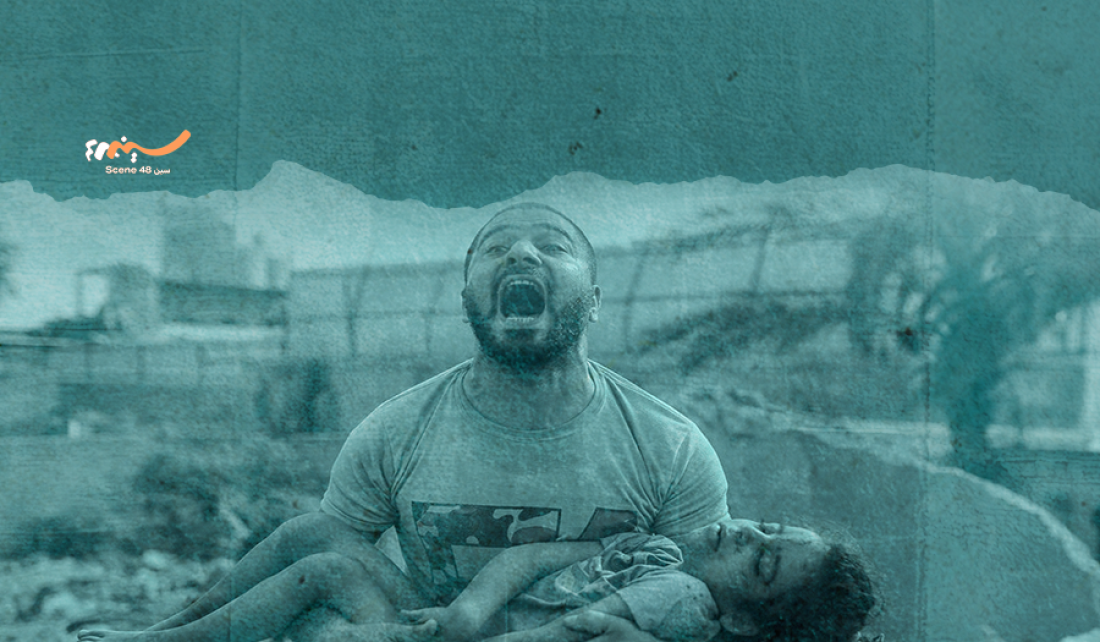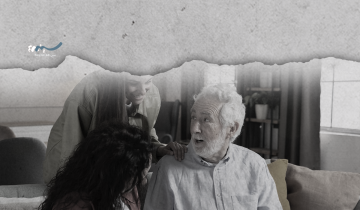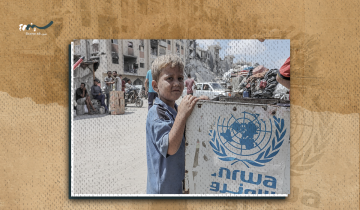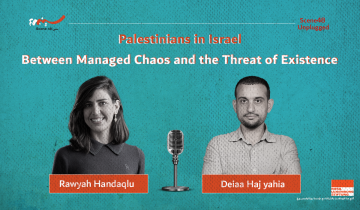The Weaponization of the Palestinian Trauma: Psychological Destruction as Colonial Control Strategy

Indigenous peoples worldwide have been subjected to systematic processes of elimination embedded within the logic of settler colonialism. As Patrick Wolfe articulated, settler colonialism functions through a “logic of elimination”—a structural imperative to permanently replace Indigenous populations with settlers. In the context of Palestine, this eliminatory logic assumes many interconnected forms: the mass uprooting and dispossession of Palestinians from their ancestral lands; the deliberate fragmentation of families through legal, bureaucratic, and administrative means; the destruction and colonial appropriation of indigenous archives, educational, and cultural institutions; and the systematic erasure and transformation of the Palestinian physical landscape—cities, villages, and even toponymy—through Judaization and renaming, all intended to remove Palestinians from both the physical environment and the map of collective memory.
A core but often overlooked dimension of this project is psychological elimination, which emerged as a defining strategy during the 1948 Nakba and continues to underpin Israeli settler-colonial control today. This psychological warfare is not limited to individuals but targets the collective psyche, seeking to sever Palestinian connections to land, memory, and identity through the deliberate infliction of trauma and the maintenance of sustained psychological assault. Frantz Fanon[1] provides essential theoretical tools for unpacking this process. Fanon argued that colonialism “brings violence into the home, and into the mind of the native,” operating not only through physical coercion but through the systematic destruction of Indigenous psychological defenses. For Fanon, the psychological dimension of colonial violence is fundamental—it produces “damaged subjectivities” who internalize colonial domination, facilitating broader projects of dispossession and elimination.
The colonial project has relied on a web of strategies to achieve this psychological destruction. Principal among them has been the intentional creation of what I termed “emotional chaos,” a psychological state marked by confusion, fear, and helplessness triggered by overwhelming, disorienting events. Sigmund Freud’s understanding of trauma as external shocks that penetrate and shatter the mind’s protective “shield” is a valuable lens for understanding the impact of the Nakba. For Palestinians, the protective shield constituted by belonging, safety, and the known world was violently ruptured by the sudden experience of death, abandonment, forced expulsion at gunpoint, and displacement into an unknowable future. Such shocks precluded psychological processing or mourning, instead cultivating a chronic state of incapacity that met the colonial aim of weakening resistance and enabling dispossession.
Fear and intimidation became psychological weapons central to this strategy. As David Birmingham[2] describes, settler colonial regimes deploy “the violence of permanent fear” not as sporadic acts, but as a continuous atmosphere. During the Nakba and its aftermath, this fear manifested in the public broadcast of atrocity stories, visible displays of violence against Palestinian bodies, and deliberate cultivation of uncertainty: Who would be targeted next? Where would one be safe? This dynamic persists today, visible in ongoing violence in Gaza and across OPT's, where Palestinians live under perpetual threat—of being killed, arrested, attacked by settlers, losing work or home, or being uprooted yet again. The persistent sense of insecurity and anticipation of loss creates collective psychological fragility, ensuring that the colonial mechanism of emotional control remains highly effective.
This cocktail of trauma and fear produced profound and enduring silences within Palestinian society—silences that, while initially a response to horror, soon became integral to the colonial strategy itself. The overwhelming nature of the Nakba, like other mass traumas, left many unable even to articulate their experiences. For Palestinians, trauma-induced silence became a protective coping mechanism—a way to shield oneself from unbearable pain—but it also conveniently served colonial interests by muffling Palestinian suffering and curtailing acts of resistance.
Recent events have further exposed the continued deployment of these strategies. In the aftermath of 7 October 2023, some Israeli ministers explicitly invoked the concept of the Nakba—Palestinians’ defining historical and collective trauma—as a renewed tool of intimidation and silencing, with statements such as “We’re rolling out Nakba 2023.”[3] By referencing the Nakba in contemporary rhetoric and operations, Israeli leadership has deliberately leveraged this deeply embedded history of suffering, displacement, and loss to amplify fear within Palestinian communities. This demonstrates a calculated exploitation of trauma originally inflicted—a public reminder of past catastrophe intended to subdue, silence, and paralyze Palestinians by threatening a repetition of their foundational trauma. In doing so, historical and collective wounds are not only left unhealed but are actively weaponized, reasserting psychological domination and reinforcing the machinery of control.
Thus, the trauma of the Nakba endures far beyond collective memory and ongoing lived reality; it persists in its strategic mobilization as a potent tool of contemporary colonial power. This underscores the enduring and interrelated significance of trauma, fear, and enforced silence within the Palestinian experience. In summary, settler colonialism in Palestine is not solely a project of physical elimination but also a complex and sophisticated campaign of psychological destruction. Through the deliberate creation of emotional chaos, the cultivation of permanent fear, and the systematic silencing of trauma, the colonial regime systematically erodes the psychological foundations of Palestinian collective and individual life—ensuring the persistence of colonial domination across generations.
Understanding these strategies of psychological warfare is essential for Palestinian communities. It is crucial to recognize how the weaponization of trauma infiltrates individual consciousness and shapes perceptions of self and the possibilities for resistance. The colonial apparatus relies on our internalization of fear, silence, and psychological fragmentation effectively transforming us into agents of our own oppression.
As Palestinian communities, we must cultivate psychological resistance through conscious recognition of how colonial trauma strategies impact our mental landscapes and community bonds. This awareness enables us to differentiate between protective coping responses and colonial manipulation, thereby reclaiming our narratives and transforming survival mechanisms into tools for liberation. As Martín-Baró[4] argued, true liberation requires not only political transformation but also psychological decolonization—the recovery of historical memory and the reconstruction of collective identity free from colonial distortion. Only through critical awareness of these mechanisms can we begin to dismantle their power and reclaim our psychological sovereignty as the foundation for broader social and political liberation.
[1] Frantz Fanon, The Wretched of the Earth, trans Constance Farrington (New York: Grove Press, 1963).
[2] David Birmingham, The Origins of Colonialism in Africa, (London: Longman, 1999), 54-56.
[3] Haaretz, 12 November 2023. Available at: https://tinyurl.com/nakba-2023-haaretz.
[4] Ignacio Martín-Baró, Writings for a Liberation Psychology, ed. Adrian Aron and Shulamit Corne (Cambridge, MA: Harvard University Press, 1994), 22-24.
Photo Credit: Photo-journalist Belal Khaled.

Dr. Rawan Nasser
A researcher specializing in trauma and resilience mechanisms among Palestinians.



